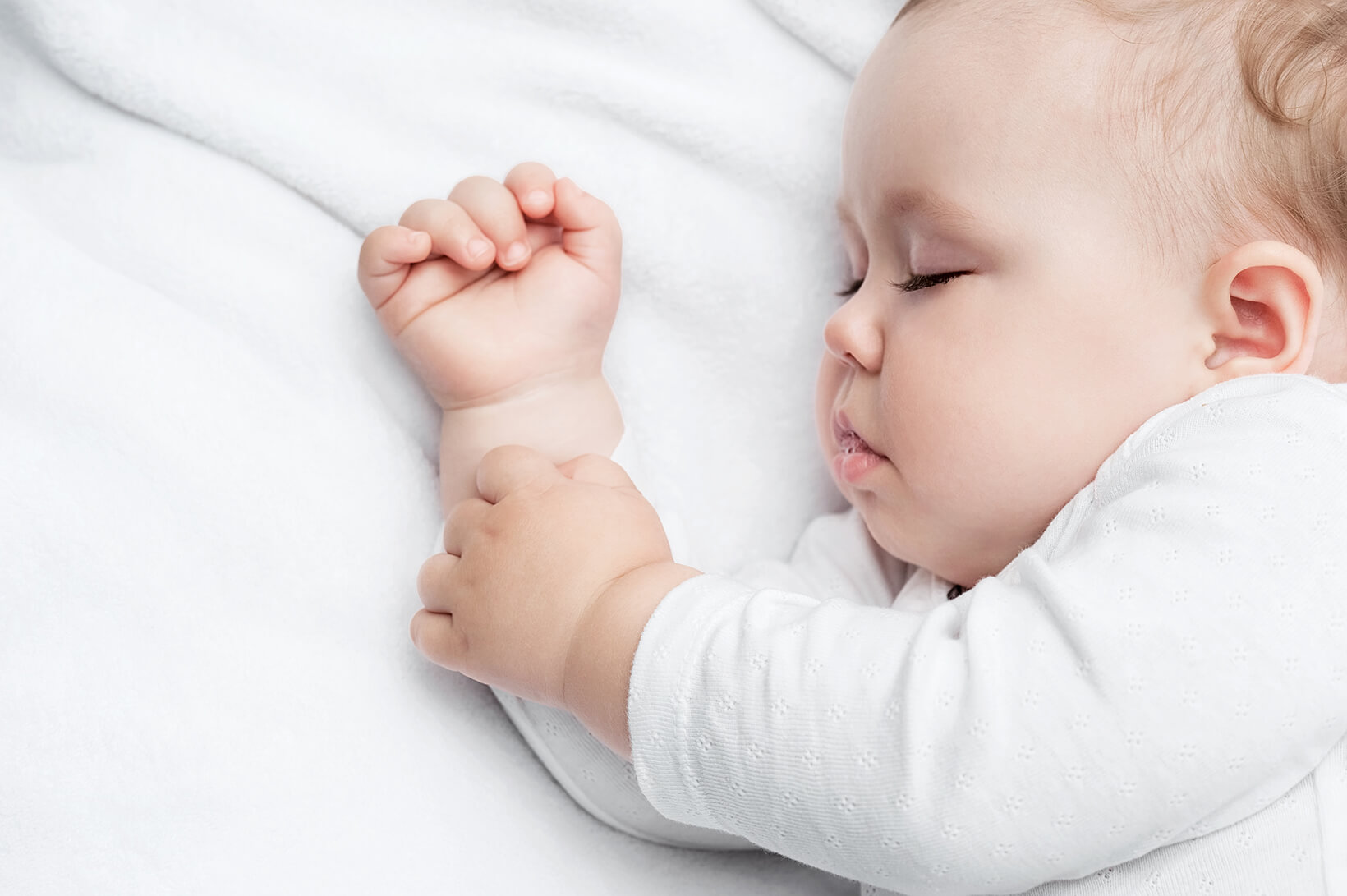Often, we prepare intensively for the big day – childbirth. Afterwards, everything is new, temporary, the adrenaline of childbirth has not yet evaporated, and all I can think about is how I would like to see the walls of the hospital replaced by the environment of home soon.
Ufff, finally a newborn at home… and then what? Often we have different questions and doubts in our heads and very little guidance on how to find the best answers for ourselves. Let’s talk about the most common questions I’m asked by parents trying to get to know their newborn.
Sleep. When, how much? What if he doesn’t sleep at all?
The legend that newborn babies only eat and sleep at home can sometimes lead parents down the wrong path, and can often be quite disconcerting. The truth is that newborn babies need a lot of sleep, but they sleep very differently.
Some seem happy to sleep all day. And that’s fine, as long as we wake up regularly for breastfeeding and the baby sleeps not only during the day but also at night.
If we get activity and coos at night, it is worth making some effort during the day to encourage babies to nap. Not long, about 30-50 minutes between waking up and falling asleep for the next nap. This will gradually establish a rhythm between day and night.
However, it may seem that other babies never sleep! Let’s not be fooled. If your baby snoozes at the breast for 10 or 20 minutes, that is sleep. Not the kind you see in cute newborn photos, but enough to give your baby’s nervous system a rest. In practice, some babies simply sleep in short bursts.
It is also quite natural for newborn babies to go to sleep very late in the day, between 11pm and 2am, while the day-night rhythm is developing. So there’s really no need to worry if your newborn wakes up in the house and wants to chat until midnight.
Sleeping place. What is safe?
Whatever parents decide where to put their baby to sleep, I always recommend that they look at the pronciple of safe sleep, both in the cot and in the parents’ bed. If your baby is breastfed, we can safely sleep separately or together.
Often, it is not the parents who determine where the baby sleeps, but the newborn’s sleeping temperament, sensitivity and need for closeness.
Fell asleep while breastfeeding. Is it nothing like that?
Breastfeeding seems to have earned a “bad name” and is often feared by mothers because of the possible association between breastfeeding and sleep at a later age. However, this fear is not justified, especially when it comes to newborn babies. Falling asleep without crying is the most natural and cosy way for your baby to fall asleep. So don’t worry about the future at all (after all, we don’t know how things will turn out), and feed your baby as much as he and you want.
What can interfere with a more restful sleep?
Some of the most common sleep disturbances are neonatal reflexes, when children wake themselves up with involuntary hand movements, and bloating.
With active neonatal reflexes and irritability, many babies are more comfortable sleeping swaddled. Choose your nappy wisely when watching your babies. If really strong hand movements bother you, choose nappies with a firm fit. And if you just want more cosiness and warmth for your little one, a zipped “pouch” nappy is perfect, with the baby’s hands in the same space as the body.
Do I wake up at night for feedings?
As much as you want to sleep, I highly recommend waking your newborn regularly to breastfeed during the night. This will not only help to prevent a sudden drop in their sugar levels, help the baby’s weight gain, but will also have a positive effect on the breastfeeding mother’s milk production.
There is also no evidence that babies who are not woken up in the first month sleep better later than those who were woken up for breastfeeding. So it’s not worth the risk.
What else?
It’s only natural that in the first month, when a newborn is at home, all the attention and care revolves around him. But attention to parents, and especially to mum, is just as important. It often feels like we return home with a huge surge of energy, but if we don’t rebuild our resources, it can quickly fade. Parents must therefore also take care of their own rest and a regular, healthy diet. After all, we will be caring for the baby for many months to come, so I wish I could save myself from the very first days at home.
Dovilė Šafranauskė
Find out more about toddler development, sleep and other topical issues in the Mylu.lt seminars. Use the code KOBI-10 to get 10% discount on all seminars, collections and subscriptions.


